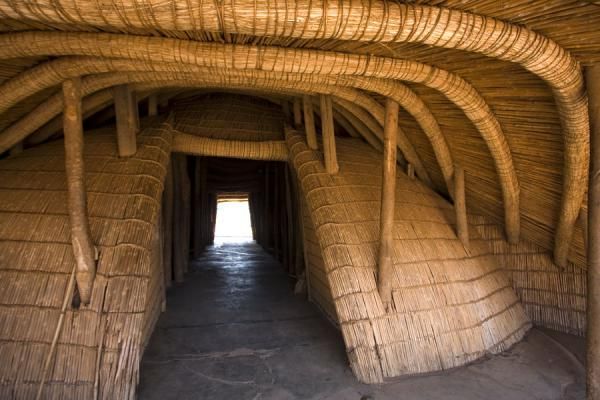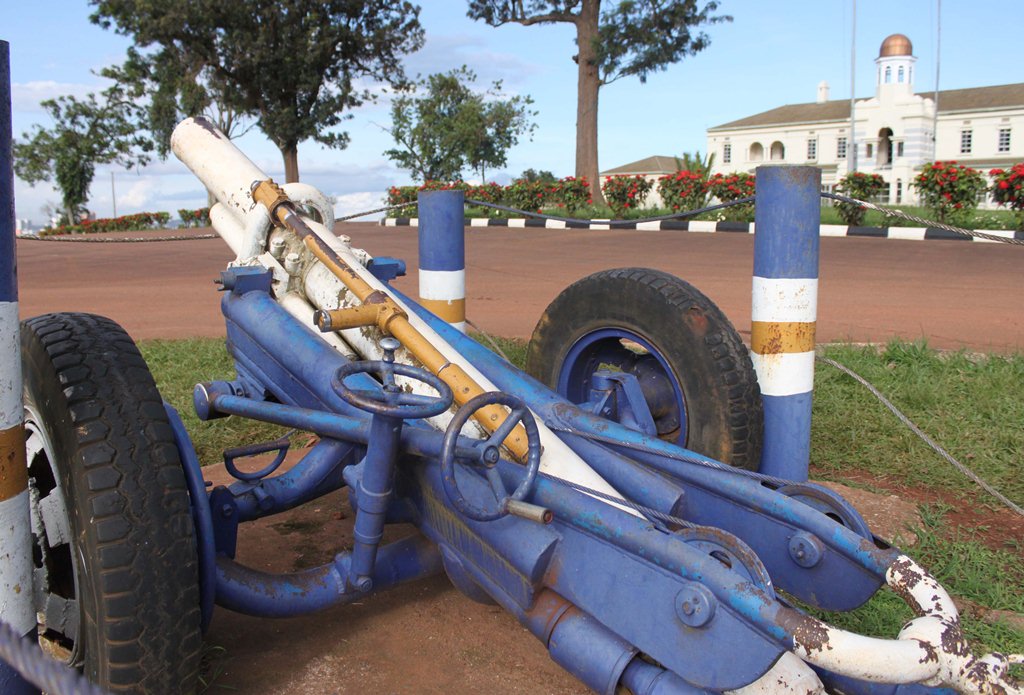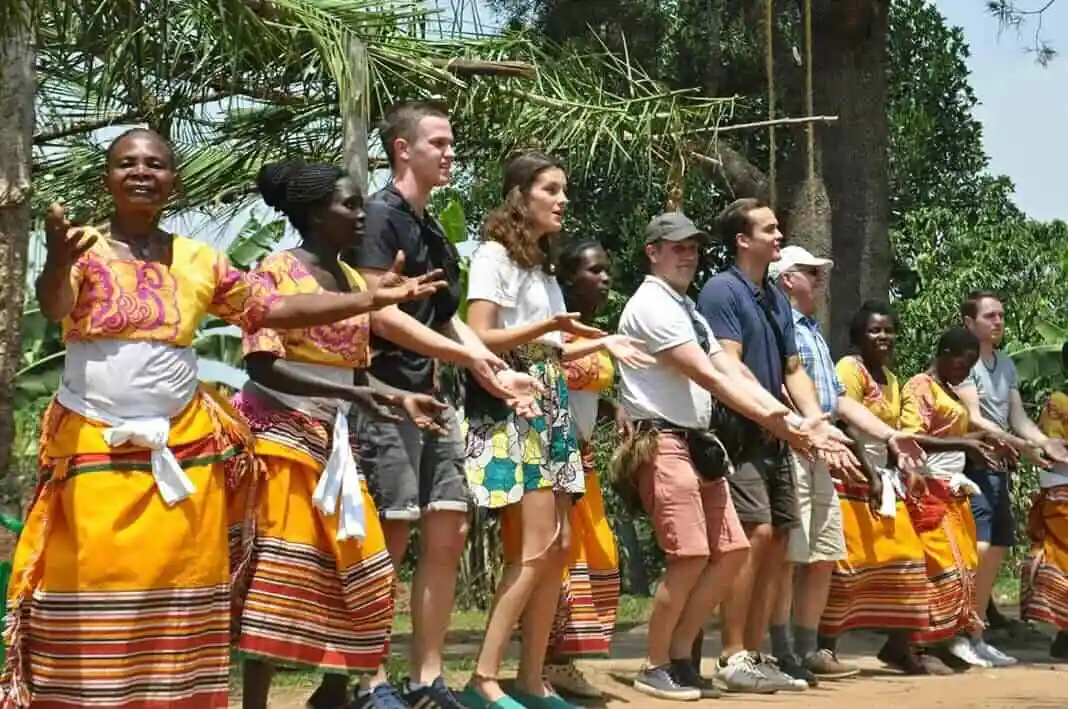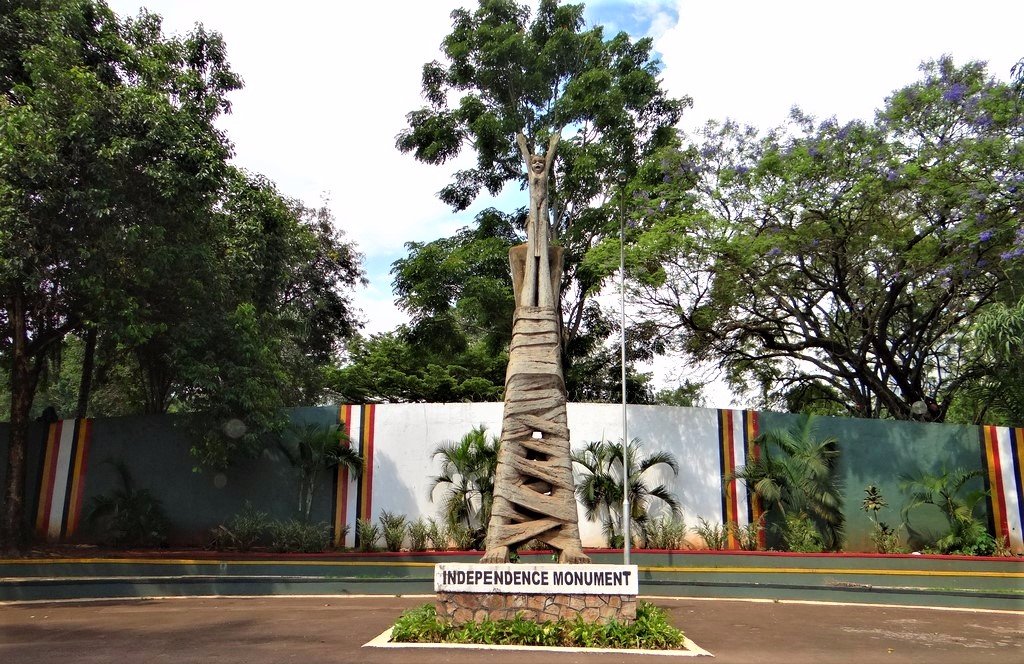Uganda’s Heritage and Historical Tourism is another incredible cultural attraction in Uganda’s Tourism industry. Every year, thousands of visitors all over the world to come discover this rich cultural diversity in Uganda. Often referred to as the “Pearl of Africa” by Winston Churchill, is a country renowned for its breathtaking natural beauty and diverse wildlife. Beyond its stunning landscapes and unique wildlife, Uganda also boasts a rich cultural heritage and a fascinating history that beckons travelers seeking a unique blend of adventure and cultural exploration. Lets delve into the world of heritage and historical tourism in Uganda, where ancient traditions and historical sites offer a window into the nation’s captivating past.

Cultural Diversity: A Tapestry of Traditions
One of Uganda’s most compelling attractions for heritage enthusiasts is its incredible cultural diversity. The nation is home to over 65 distinct ethnic groups, each with its own language, customs, and traditions. As you travel through the country, you’ll have the opportunity to immerse yourself in the fascinating traditions of these communities. Here are a few highlights:
- Baganda Kingdom: The Baganda people, who inhabit the central region of Uganda, have a rich cultural heritage that includes traditional music, dance, as well as the vibrant Buganda Kingdom. Visit the royal palaces, such as the Lubiri Palace in Kampala, to learn about the history and customs of this influential kingdom.
- Batwa Pygmies: In the southwestern part of Uganda, you can encounter the Batwa Pygmies, one of the world’s oldest and most unique indigenous groups. Their way of life, which revolves around the dense forests of the Bwindi Impenetrable National Park, offers an insight into traditional hunter-gatherer societies.
- Karamojong Warriors: In northeastern Uganda, the Karamojong people are known for their warrior culture. Visitors can witness their age-old traditions, including cattle herding as well as vibrant dance performances.
- Traditional Crafts: Uganda is a treasure trove of traditional crafts, including intricate beadwork, bark cloth making, and woodcarving. Explore local markets and workshops to witness the skill and creativity of Ugandan artisans.

Historical Sites: Stepping Back in Time
Beyond its cultural diversity, Uganda is home to several historical sites that take visitors on a journey through its past. These sites offer a glimpse into the country’s history, from the ancient kingdoms to the struggle for independence.
- Kasubi Tombs:
A UNESCO World Heritage Site, the Kasubi Tombs are the final resting place of four Buganda Kings. This sacred site is an architectural marvel and an important cultural symbol for the Baganda people.
- Speke monument in Jinja:
This historical monument stands at a raised ground facing the River Nile. The Speke monument sits in Jinja at a village called Bukaya, adjacent to Source of the Nile Gardens with a river in between. Today, visitors all over the world come to visit the source of River Nile in Jinja, and also take a boat ride to this Mounment. It is a legendary site where the first Europeans “John Hannington Speke” stood to see the source of the Nile
- Uganda Museum:
Located in the capital city, Kampala, the Uganda Museum houses an extensive collection of artifacts and exhibits that showcase the country’s history, culture, as well as natural heritage.
- Independence Monument:
This iconic monument in Kampala commemorates Uganda’s attainment of independence from British colonial rule on October 9, 1962. It’s a significant symbol of the country’s journey to self-determination.
- Namugongo Martyrs Shrine
It was constructed in honor of the 32 Christian converts that were killed by “Mukajanga” on the orders of the late King of Buganda “Kabaka Mwanga”. They were killed for denial to renounce the christian faith they had coped from the whites and started practising it. The shrine was built with 22 copper pillars to represent the 22 martyrs that were burnt at this place on the 3rd June, 1886. On the 3rd of June every year, celebration take place at Namugongo Martyrs shrine with hundreds of thousands of Christians traveling from across East Africa and different parts of the world to the site.
Uganda’s Heritage and Historical Tourism

Cultural Festivals: Celebrating Heritage
For travelers looking to experience Uganda’s cultural vibrancy firsthand, attending traditional festivals is a must. These events provide a unique opportunity to witness age-old customs and celebrate the nation’s rich heritage.
- Nyege Nyege Festival. Held annually on the banks of the River Nile, this music and arts festival showcases a diverse range of African musical genres. It also provides a platform for local and international artists to come together.
- Imbalu Ceremony. Witness the Imbalu circumcision ceremony of the Bagisu people on the slopes of Mount Elgon. This rite of passage is a deeply ingrained cultural tradition that has been practiced for generations.
- Ekyooto International Cultural Festival. Held in Kampala, this festival brings together diverse ethnic groups from across Uganda to celebrate their cultural heritage through music, dance, as well as art.
Conclusion,
Uganda’s heritage and historical tourism offer a rich tapestry of experiences that reveal the depth of its culture and history. Whether you’re exploring ancient traditions, visiting historical sites, or immersing yourself in cultural festivals, Uganda is a destination that promises to leave you enriched and enlightened. So, when planning your next adventure, consider embarking on a journey to the “Pearl of Africa” for a heritage experience like no other.

FAQ
These FAQs can serve as a starting point for travelers interested in heritage and historical tourism in Uganda. They also provide valuable information for tourists planning their trips to explore Uganda’s Heritage and Historical.
- What are some of the top historical sites to visit in Uganda?
- Are there any UNESCO World Heritage Sites in Uganda?
- What is the significance of the Kasubi Tombs in Ugandan culture?
- Where can I explore Uganda’s colonial history and its impact on the country?
- Are there any museums in Uganda that focus on its history and heritage?
- What are the most important cultural festivals and events in Uganda that showcase its heritage?
- How can I participate in traditional ceremonies and cultural experiences during my visit?
- What is the history of the Kingdom of Buganda, and can I visit its historical sites?
- Can I visit the source of the Nile River, and what historical significance does it have?
- What is the role of Uganda in the history of the East African slave trade?
- Are there any tours or heritage trails available for tourists in Uganda’s history?
- How can I learn about the diverse ethnic groups and their cultural heritage in Uganda?
- Can I visit any ancient archaeological sites in Uganda, and what can I expect to see there?
- Are there any restrictions or guidelines for visiting historical and heritage sites in Uganda?
- How can I support the preservation and conservation of Uganda’s historical and cultural heritage during my visit?







